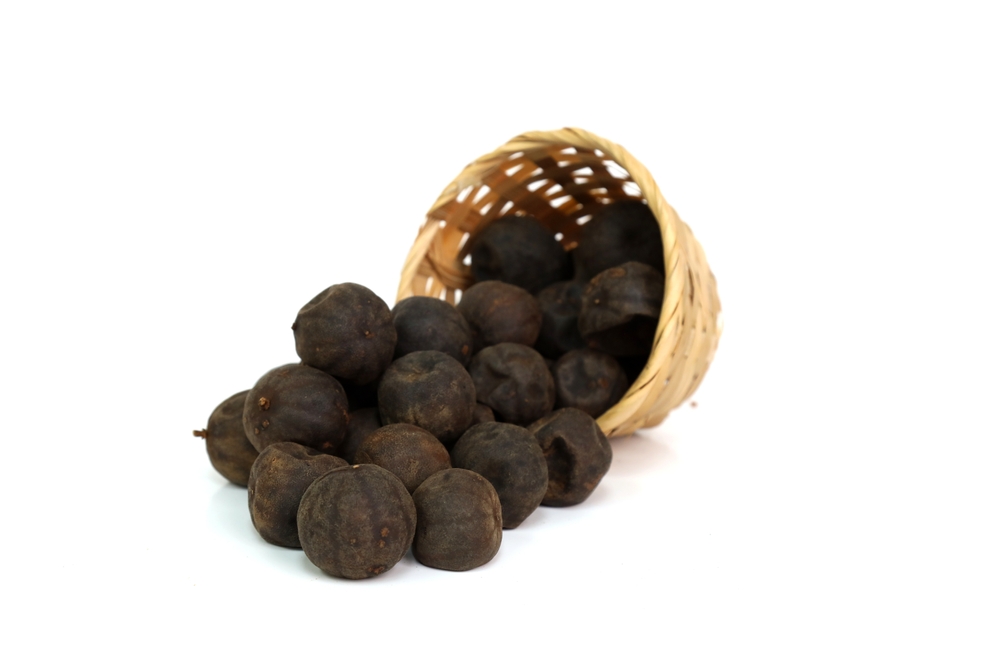Dried lemon, a versatile and flavorful ingredient, has been used for centuries in various cuisines and traditional medicines around the world. Its tangy taste, long shelf life, and numerous health benefits make it a valuable addition to any kitchen or health regimen. This essay explores the benefits and uses of dried lemon, highlighting its nutritional value, culinary applications, and therapeutic properties.

Nutritional Value and Health Benefits
Dried lemon is packed with essential vitamins, minerals, and antioxidants that contribute to overall health. One of the primary nutrients in dried lemon is vitamin C, a powerful antioxidant that supports the immune system, promotes healthy skin, and aids in the absorption of iron. The drying process may reduce some vitamin C content, but a significant amount remains, making dried lemon a good source of this vital nutrient.
In addition to vitamin C, dried lemon contains potassium, which helps regulate blood pressure and supports heart health. The antioxidants in dried lemon, including flavonoids and limonoids, have anti-inflammatory and anticancer properties. These compounds help neutralize free radicals in the body, reducing the risk of chronic diseases such as heart disease, diabetes, and certain cancers.
Dried lemon is also known for its digestive benefits. The citric acid in lemon stimulates the production of digestive enzymes, aiding in the breakdown of food and the absorption of nutrients. It can also help alleviate indigestion and bloating. Furthermore, dried lemon acts as a natural detoxifier, promoting the elimination of toxins from the body and supporting liver health.
Culinary Uses
Dried lemon is a staple in many cuisines, particularly in Middle Eastern, North African, and South Asian cooking. Its intense, tangy flavor adds depth to a variety of dishes, from soups and stews to rice and marinades. One of the most popular forms of dried lemon is loomi or black lime, which is commonly used in Persian and Iraqi cuisine. Loomi is made by boiling fresh limes in saltwater and then drying them in the sun, resulting in a dark, shriveled fruit with a unique, smoky flavor.
In savory dishes, dried lemon is often used to enhance the flavor of meats, poultry, and seafood. It can be added whole to slow-cooked stews and tagines, where it infuses the dish with its citrusy aroma. Ground dried lemon can be used as a spice, sprinkled over grilled meats or mixed into spice blends for rubs and marinades. In rice dishes like Persian sabzi polo or Moroccan pilaf, dried lemon provides a tangy contrast to the rich, aromatic spices.
Dried lemon is also used in beverages, particularly in teas and infusions. A slice of dried lemon in hot water creates a refreshing, soothing drink that is perfect for soothing a sore throat or aiding digestion after a heavy meal. Dried lemon can also be rehydrated and used in desserts, where its tartness balances the sweetness of cakes, cookies, and fruit salads.
Therapeutic and Household Uses
Beyond its culinary applications, dried lemon has been used in traditional medicine for its healing properties. It is commonly used in herbal teas and remedies to treat colds, coughs, and sore throats due to its high vitamin C content and soothing effects. The antioxidants in dried lemon also make it beneficial for skin health, and it is sometimes used in natural skincare products to brighten the complexion and reduce the appearance of blemishes.
Dried lemon can also be used as a natural cleaning agent. The acidity of lemon makes it effective in cutting through grease and removing stains. A solution made from dried lemon powder and water can be used to clean kitchen surfaces, cutting boards, and even deodorize refrigerators. Its natural fragrance adds a fresh scent to the home, making it a safer alternative to chemical-based cleaning products.
Conclusion
Dried lemon is a multifunctional ingredient that offers numerous health benefits and a variety of uses in the kitchen and beyond. Its rich nutritional profile, particularly its high vitamin C content and antioxidant properties, makes it a valuable addition to a healthy diet. In the culinary world, dried lemon enhances the flavor of many dishes, from savory stews to sweet desserts, while its therapeutic properties have been recognized in traditional medicine for centuries. Additionally, dried lemon serves as a natural, eco-friendly cleaning agent, adding to its versatility. Whether used for its health benefits, flavor, or household applications, dried lemon is a powerful and beneficial ingredient that deserves a place in every pantry.
